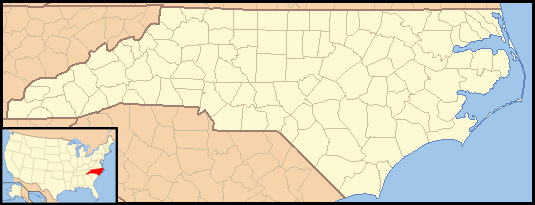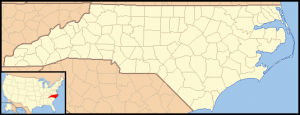New Report: “Born This Way” Argument Built on Shaky Science
 A new report analyzing a vast body of studies and research casts doubt on the prevailing notion sexual orientation and gender identity are biologically determined.
A new report analyzing a vast body of studies and research casts doubt on the prevailing notion sexual orientation and gender identity are biologically determined.
After analyzing decades of scientific data, researchers concluded,
“Some of the most widely held views about sexual orientation, such as the ‘born that way’ hypothesis, simply are not supported by science. The literature in this area does describe a small ensemble of biological differences between non-heterosexuals and heterosexuals, but those biological differences are not sufficient to predict sexual orientation, the ultimate test of any scientific finding. The strongest statement that science offers to explain sexual orientation is that some biological factors appear, to an unknown extent, to predispose some individuals to a non-heterosexual orientation. . . . .
“In reviewing the scientific literature, we find that almost nothing is well understood when we seek biological explanations for what causes some individuals to state that their gender does not match their biological sex.”
Writing at the Colson Center for Christian Worldview, John Stonestreet notes,
Their report also tackles the transgender question, comparing actual research to the lofty claims of activists. Once again, there’s a yawning chasm. Only a tiny minority of children who experience gender dysphoria continue to identify as transgender when they’re adults.
McHugh and Mayer [the researchers] insist that subjecting children to hormone therapy or to so-called “sex reassignment” surgery is an act of sheer ideology, not medicine or compassion.
And, they add, adults who undergo sex-change operations (which the Obama Administration is pressuring health insurers to cover) are still—get this—19 times more likely to commit suicide than the rest of the population.
You may recall in 2012 the former president of the American Psychological Association stated sexual orientation could change, and in 2014 the former psychiatrist-in-chief at Johns Hopkins Hospital explained in the Wall Street Journal why the hospital stopped doing sex-reassignment surgeries.
Homosexual and transgender activists often liken sexual orientation and gender identity to race, claiming they are biologically determined and unchangeable. The science behind that claim, however, seems to be far from settled.
You can listen to John Stonestreet’s full commentary on the issue below.
[audio:http://www.breakpoint.org/images/content/breakpoint/audio/2016/083116_BP.mp3|titles=’Born This Way’ is Shaky Science]


 We have written extensively about government overreach in the areas of education and public health; the Obama Administration is
We have written extensively about government overreach in the areas of education and public health; the Obama Administration is 
 Over the past several weeks we have seen a lot of questions–and misinformation–about
Over the past several weeks we have seen a lot of questions–and misinformation–about